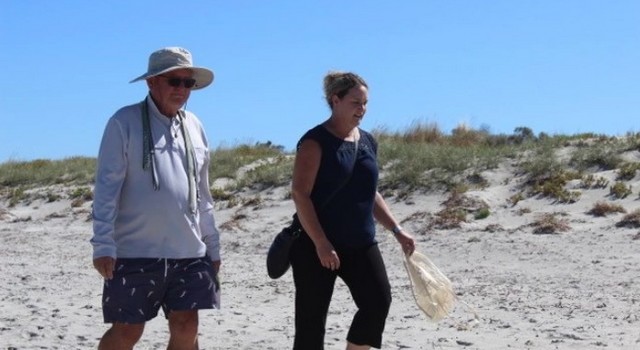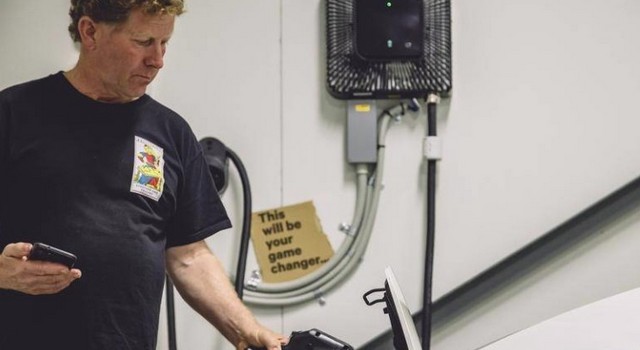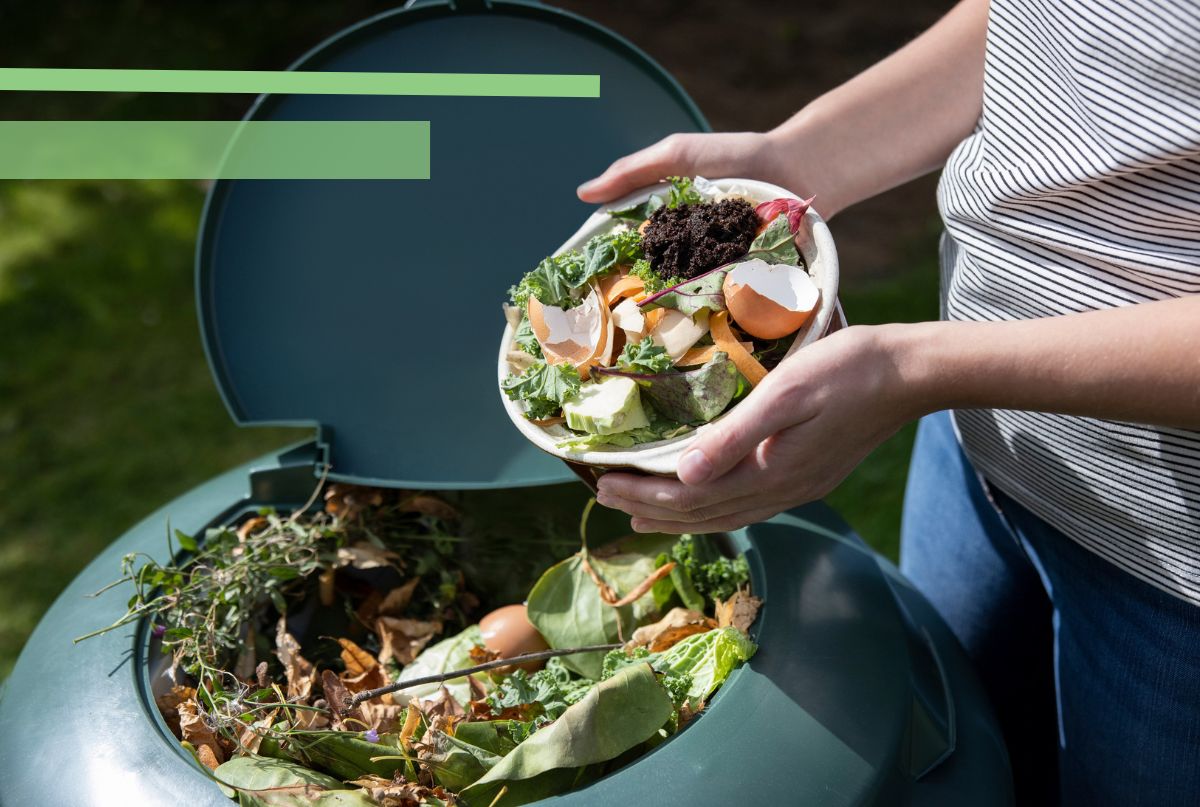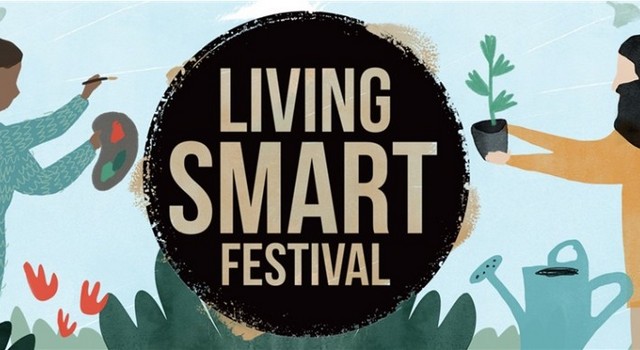Linda Davies started picking up rubbish during regular beach walks on Perth's coast four years ago and was surprised by how much litter she found, ABC News.
She wasn't the only one who was concerned, noticing a large group of like-minded community members who diligently picked up rubbish each week in Cockburn Sound, south of Perth.
With all this rubbish going in the bin, Dr Davies, who works at the University of Notre Dame in the Faculty of Arts and Sciences, thought it could be put to better use.
Dr Davies decided to spearhead a study analysing 12,659 pieces of litter the group picked up between November 2018 and January 2021.
That research has shown a dramatic reduction in single-use plastics since bans were introduced at the state and federal government level.
"I thought if I collect it and analyse it scientifically, we'll have evidence to basically see where the rubbish is coming from and if there's any changes in the rubbish that we find [over] time," Dr Davies said.
Most of the litter collected by the group was plastic, but they also found a large amount of fishing-related waste such as ropes, fishing lines and bait bags.
In 2018, the state government banned lightweight plastic bags, while three local governments around Cockburn Sound implemented waste mitigation measures.
"When the bans came in, plastic shopping bags basically disappeared," Mr Brown said.
Dr Davies said concurrently in 2020, her research showed there was a 42 to 58 per cent reduction in balloons, straws, bottle caps and hard plastics associated with food.
"In 2019 the rock lobster fishing requirements changed, and they had to sink pot ropes … so the rope wouldn't get caught in propellers anymore and they couldn't entangle whales," she said.
"There was a 45 per cent reduction in the number of rope pieces or fragments which I've picked up on the beach in two years."
Recfishwest said since the introduction of its 'Reel it in' Campaign in 2013, 167 kilometres of fishing line, 27,000 hooks and 170,000 bait bags had been disposed of in fishing spots along the Canning-Swan rivers.
FULL STORY
New University of Notre Dame study reveals plastic waste 'drastically' reduced after bans (ABC News)
FULL STORY
George Brown, left, was one of the group members who picked up litter for Dr Davies' study. (ABC News: Laura Birch)





